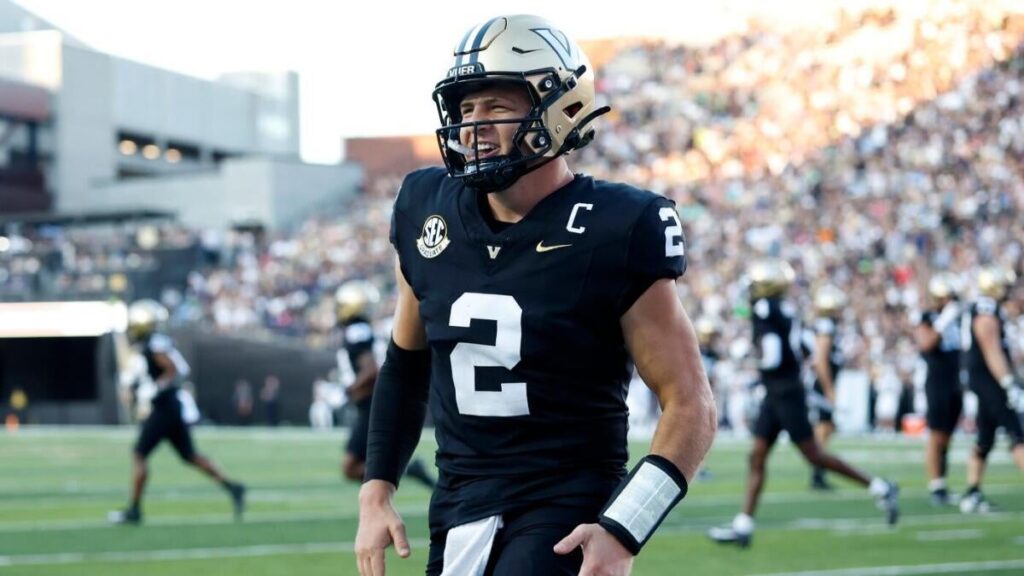Vanderbilt quarterback Diego Pavia is in the midst of a lawsuit with the NCAA over the organization’s eligibility rules, arguing that junior college playing time should not count towards NCAA eligibility.
This season marks Pavia’s fourth year at the NCAA level (and sixth year overall, including junior college ball) after winning a temporary injunction against the NCAA to play in the 2025 season. While he’s been allowed to play this season, his lawsuit with the NCAA continues and, on Tuesday, his lawyers argued that he should actually be eligible for the 2026 season as well, as per the NCAA’s redshirt rules if his time in junior college doesn’t count towards eligibility.
That argument became headline news that Pavia may be seeking a seventh season playing college football in 2026, but the quarterback took to Twitter to shut down the idea he could play another year, stating firmly “this is my last year.”
The reason his lawyers are arguing for 2026 eligibility is not a matter of Pavia’s desire to do so, but instead trying to set the precedent for future athletes.
Their argument, via a transcript from Sam Ehrlich, is that if the NCAA’s rules stipulate that the five-year eligibility requires players to pursue a four-year degree during that time. When a player is in junior college, they are pursuing a two-year degree, and as such that should not count towards the eligibility once they go to a four-year school. If that is the case, then Pavia’s five-year clock on eligibility would not have started until 2022 when he arrived at New Mexico State, meaning it would be technically possible for him to retain eligibility through 2026, pending redshirt rules.
That all seems moot in the specific case for Pavia, as he insists he has no plans on playing beyond this season in Nashville, but the matter is worth arguing at a judicial level for the purpose of setting a precedent for determining eligibility for former JUCO athletes.
Read the full article here


